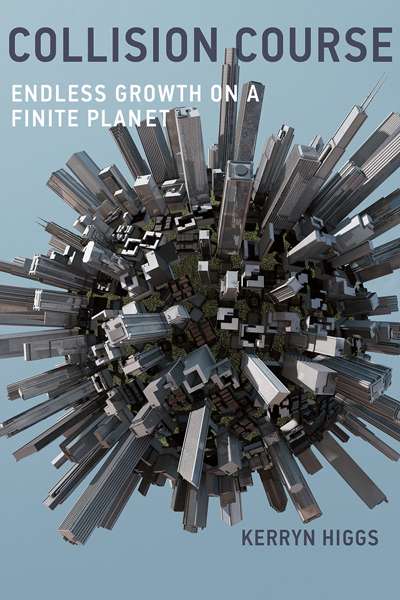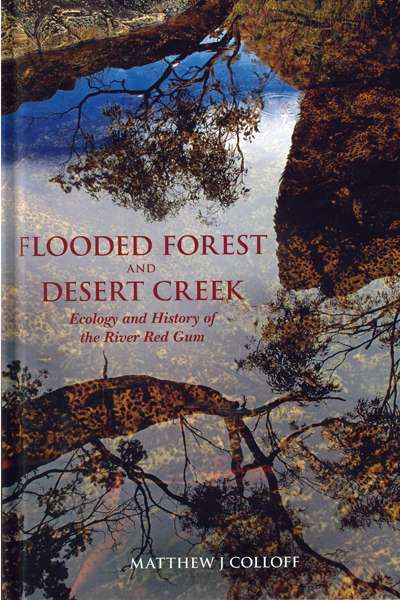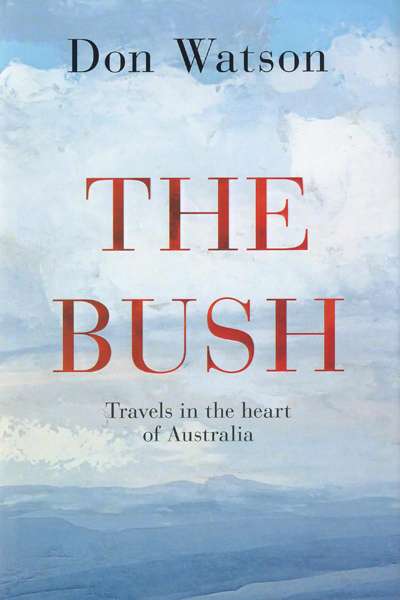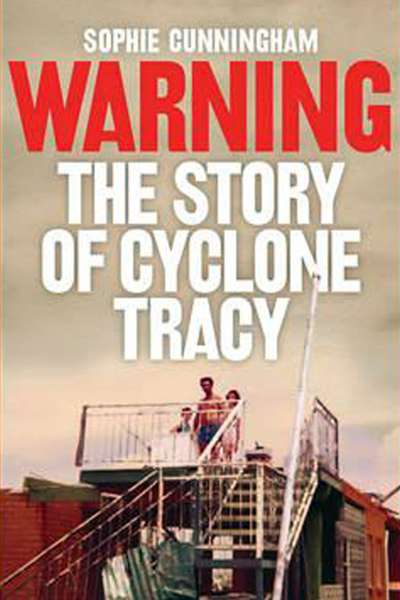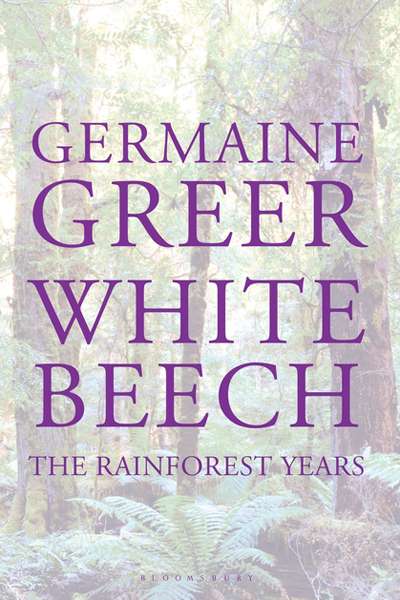Environment and Climate
Once, when it was the beginning of the dry but no one could have known it yet, Dad drove us west – out past ‘Jesus Saves’ signs nailed to box trees, past unmarked massacre sites and slumping woolsheds, past meatworks and red-bricked citrus factories with smashed windows, and past one-servo towns with faded ads for soft drinks no one makes anymore – until we reached a cotton farm.
We stood on the old floodplain listening to the manager in his American cap, a battery of pumps and pipes behind him, boasting how much water these engines could lift once the river reached a certain height. To the left, an open channel cut through laser-levelled fields to the horizon.
... (read more)Collision Course: Endless growth on a finite planet by Kerryn Higgs
Many years ago, after working for a while in Europe, we returned to Australia via America. We picked up a car in Atlanta and drove through sprawling cities, alarming slums, and abandoned downtowns. Across Mississippi and the broad, reassuring openness of Texas, to Arizona and the Grand Canyon, we passed through the alien electrics of Las Vegas, down into Death Valley, and up over the Sierra Nevada to the west coast and San Francisco.
... (read more)As a freshwater ecologist, Alison Pouliot endeavours to understand the interplay of the processes that sculpt the Australian environment.
As an environmental photographer, she aspires to capture the intricacies and obscurities of these processes.
The insidious creeping nature of drought can sometimes lend itself more to images than words.
... (read more)Flooded Forest and Desert Creek: Ecology and history of the River Red Gum by Matthew J. Colloff
The Bush: Travels in the heart of Australia by Don Watson
Power Failure: The inside story of climate politics under Rudd and Gillard by Philip Chubb
In Australia, thinking ‘landscape’, ‘country’, and ‘place’ virtually interchangeable is the hallmark of a migrant society. This is obvious because of the skeleton at our feast, the contrast between Aboriginal and non-Aboriginal ways of seeing land. Both can agree that ‘there’s no place like home’, because ‘place’ here means ‘a place’, a particular place, home. But non-Aboriginal writing commonly separates ‘place’ and ‘home’ – two centuries ago because that was literally so; now often as proof that Australia is multicultural.
... (read more)
